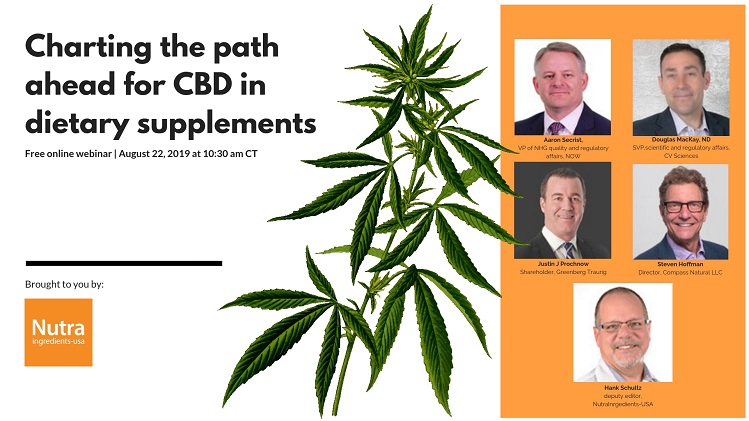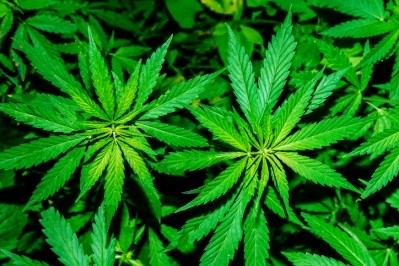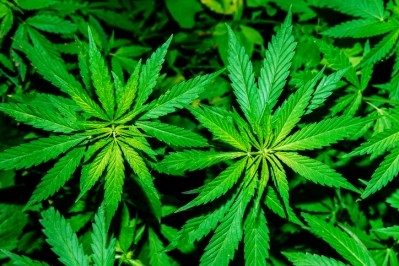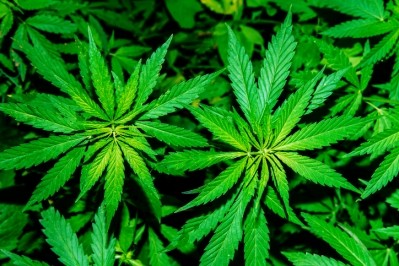Best practices around controlling THC content will be key element of CBD debate, expert says
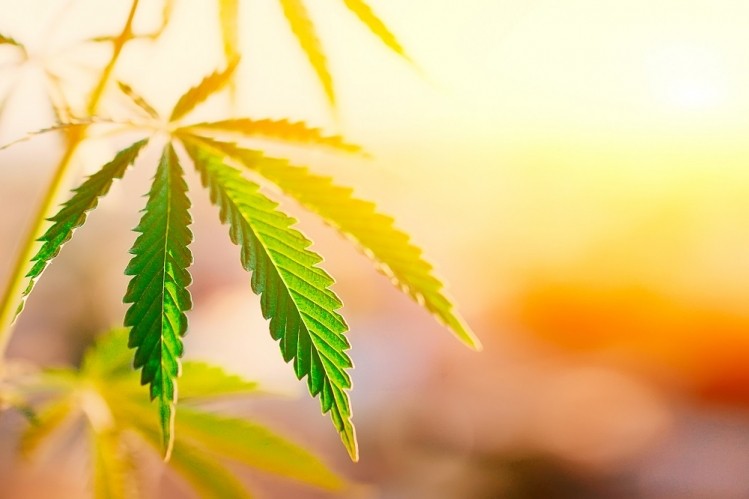
Tami Wahl, an attorney who is the former counsel for the American Herbal Products Association as well as the in-house counsel for Traditional Medicinals, said part of the issue with determining a legal pathway for CBD products to come to market is the fact that a constituent of the raw material is already regulated under a different regulatory paradigm.
Defining the raw material
The 2018 Farm Bill specifically removed the cannabis plant from the Schedule One list of controlled substances maintained by the federal Drug Enforcement Administration. But THC, the psychoactive fraction of the plant, remains on the list.
The bill also codified the definition of ‘industrial hemp,’ which is delineated as cannabis plants that have less than 0.3% THC by dry weight.
But it is an open secret in the developing CBD industry that when extracts are made of seemingly compliant raw material, they can cross that 0.3% line. What happens when ‘full spectrum’ means the product also includes THC?
Wahl said there are some precedents to look at when discussing how this regulatory framework might develop. One of them is kombucha.
This fermented form of tea has gained great popularity in recent years because of the health cache it has in popular parlance.
But along with its purported health promoting metabolites, the fermentation process (which includes both yeast and bacteria) also produces alcohol, which is a separate regulatory category from foods, much as THC is separate from the supplement world.
“When kombucha products first came on the market that fermentation process wasn’t well enough controlled in some cases,” Wahl said. “The alcohol content would continue to increase over time as products stood on the shelf.”
The issue is still somewhat up in the air, with some kombucha manufacturers being sued over the alcohol content of their products. And some stakeholders are lobbying for the official upper limit of alcohol content be raised to 1.25% from the present 0.5% by weight to make it easier for producers to comply.
Take the lessons from kombucha
Nevertheless, Wahl said while the kombucha situation is still fluid from a regulatory standpoint, it does provide an instructive example of the potential pitfalls. While hemp extraction does not create THC, as kombucha fermentation does alcohol, it does concentrate it. Could an extract that has perhaps unintentionally strayed over that line become illegal as a result of its manufacturing process?
At the NoCo Hemp Expo meeting earlier this year in Colorado, non-compliant levels of THC in hemp extracts was a common item of discussion. Some panel participants said in open sessions that manufacturers were dealing with this problem by diluting extracts with MCT oils or other carriers. It would seem inevitable that doing so would change other parameters of the final extract, such as its CBD content or the concentration of other phytocannabinoids.
So, the idea of just whipping some MCT oil in there does not project an image of carefully controlled manufacturing or high quality. The industry will need to develop processes to control THC at every juncture and agree upon test methods, Wahl said. And fast.
“Right now FDA is looking at the CBD content in products, and the THC should be practically nonexistent. So far FDA has really only moved on enforcement with CBD products when they are making egregious claims, but that could change. It only takes one or two irresponsible stakeholders to compromise an entire category. We saw that with ephedra,” she said.
Want to learn more? Join us for a FREE webinar followed by LIVE Q&A with a panel of experts:
FDA is actively exploring potential pathways to permit certain cannabis-derived compounds in food or dietary supplements, but what are the key boxes that need to be ticked to move forward with CBD products that meet the quality standards required of mainstream products? What safety questions remain unanswered? Where do we stand on a potential NDI notification or GRAS no objection? What claims can be supported by the science? And what does the CBD space look like in five years?
In this webinar on Thursday, 22 August 2019 at 10:30 AM Central, the NutraIngredients-USA editorial team has assembled an expert panel to tell you everything you need to know about CBD. Click HERE to register.
